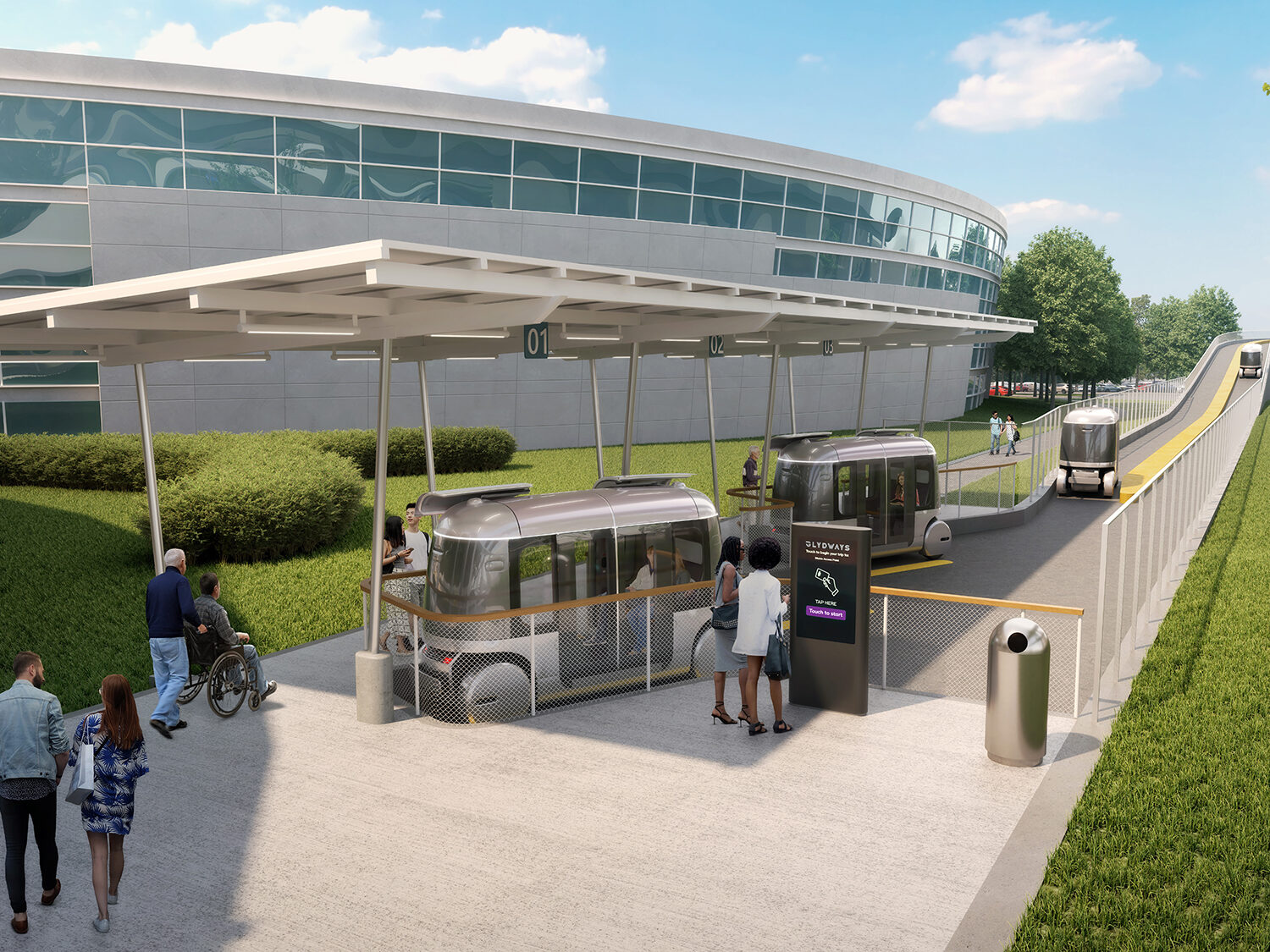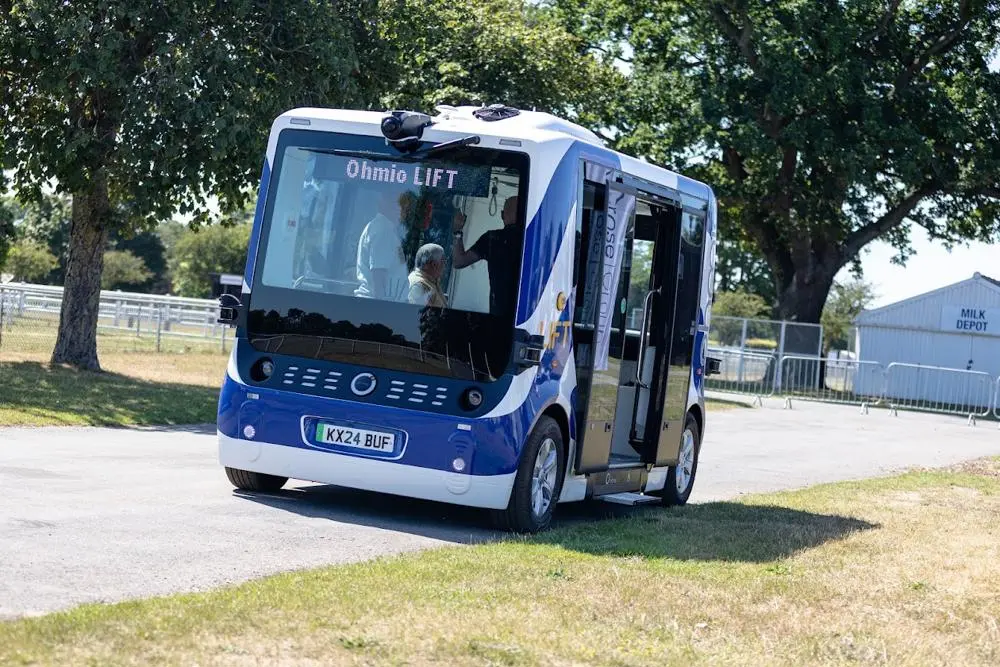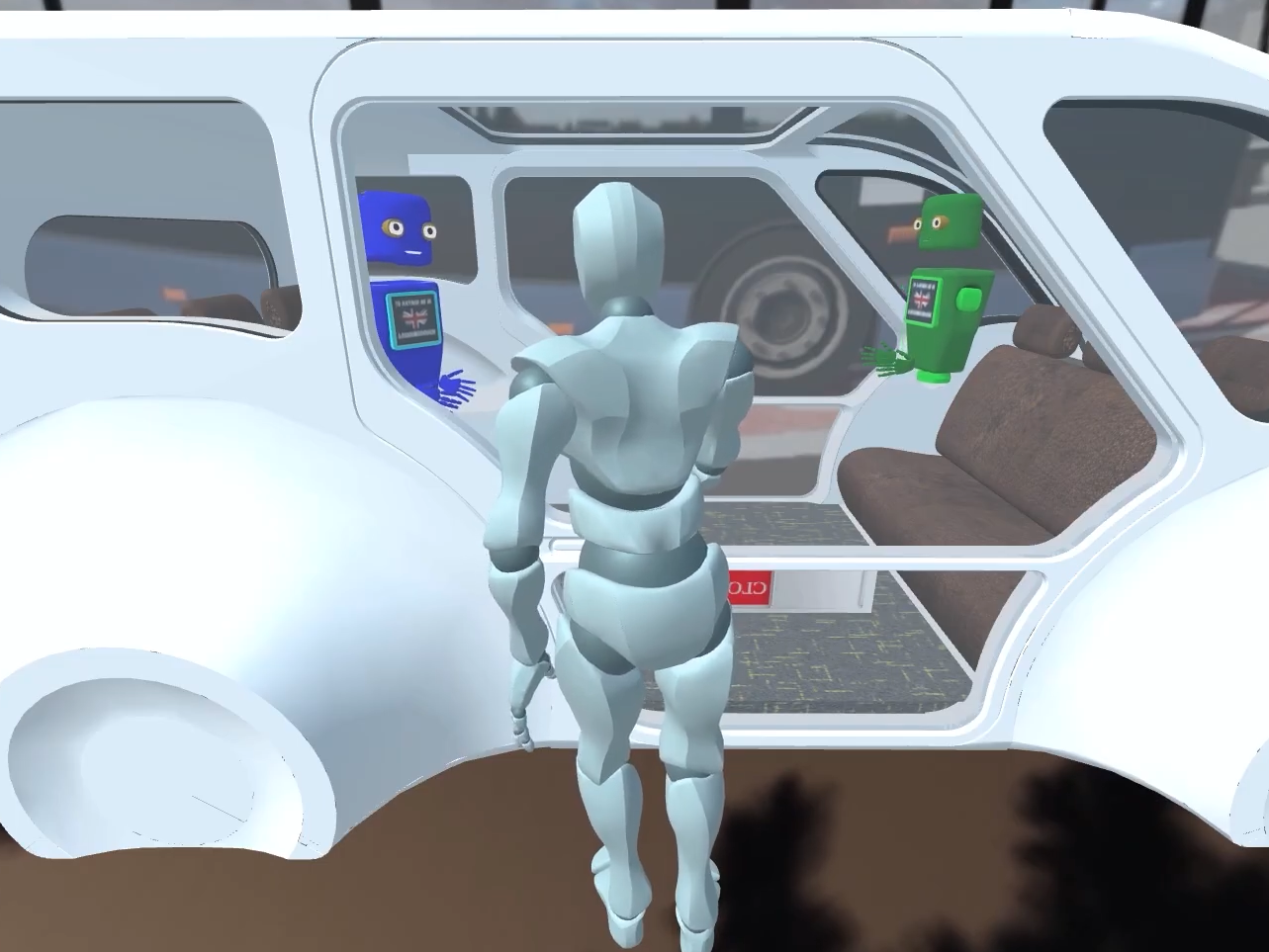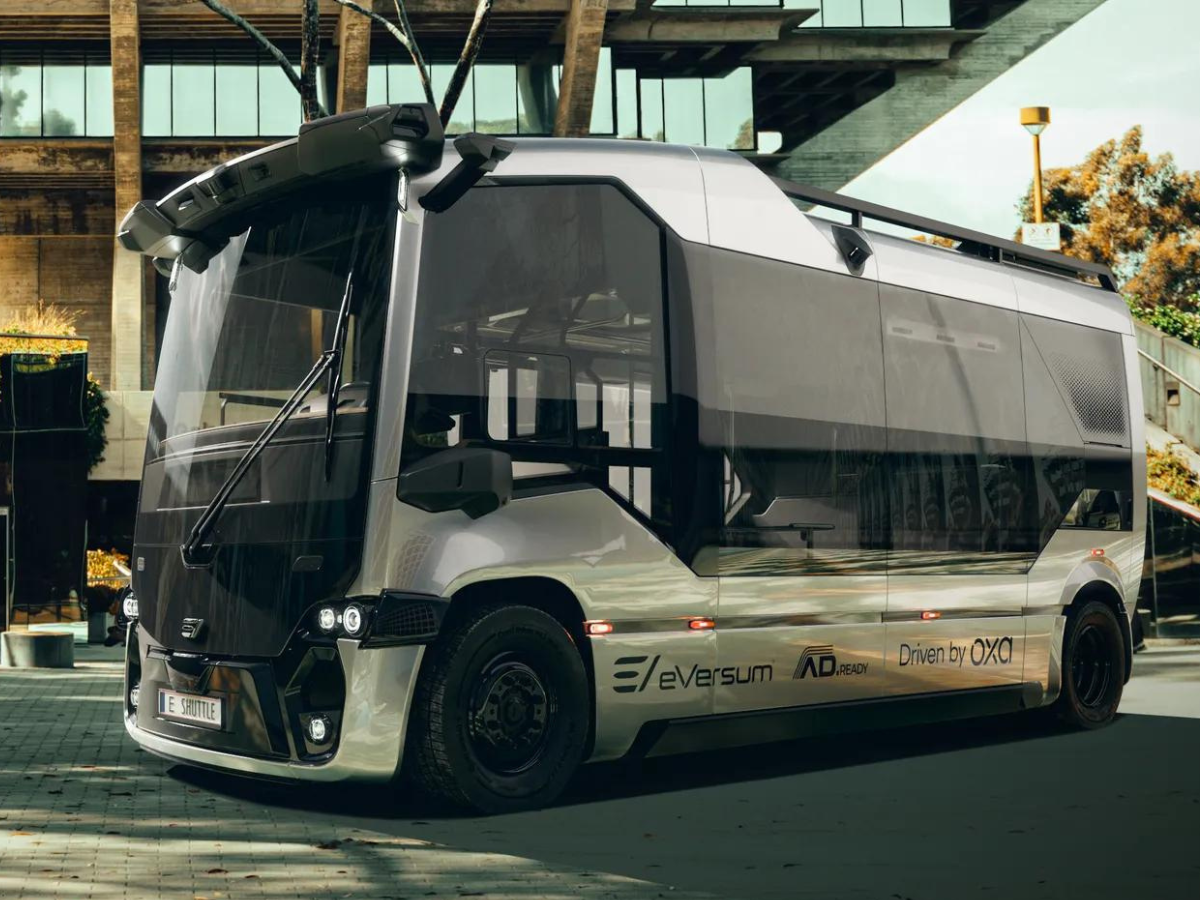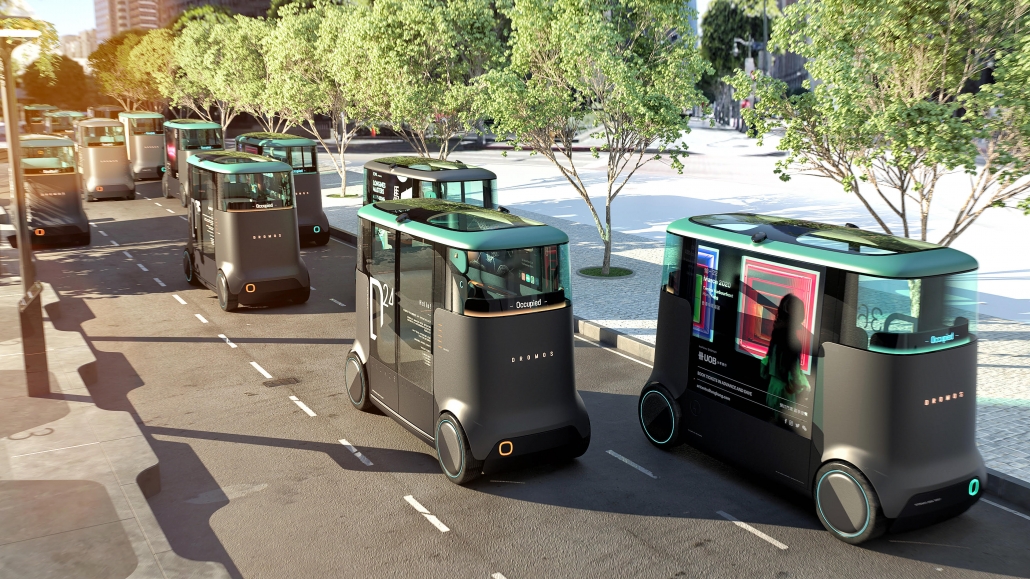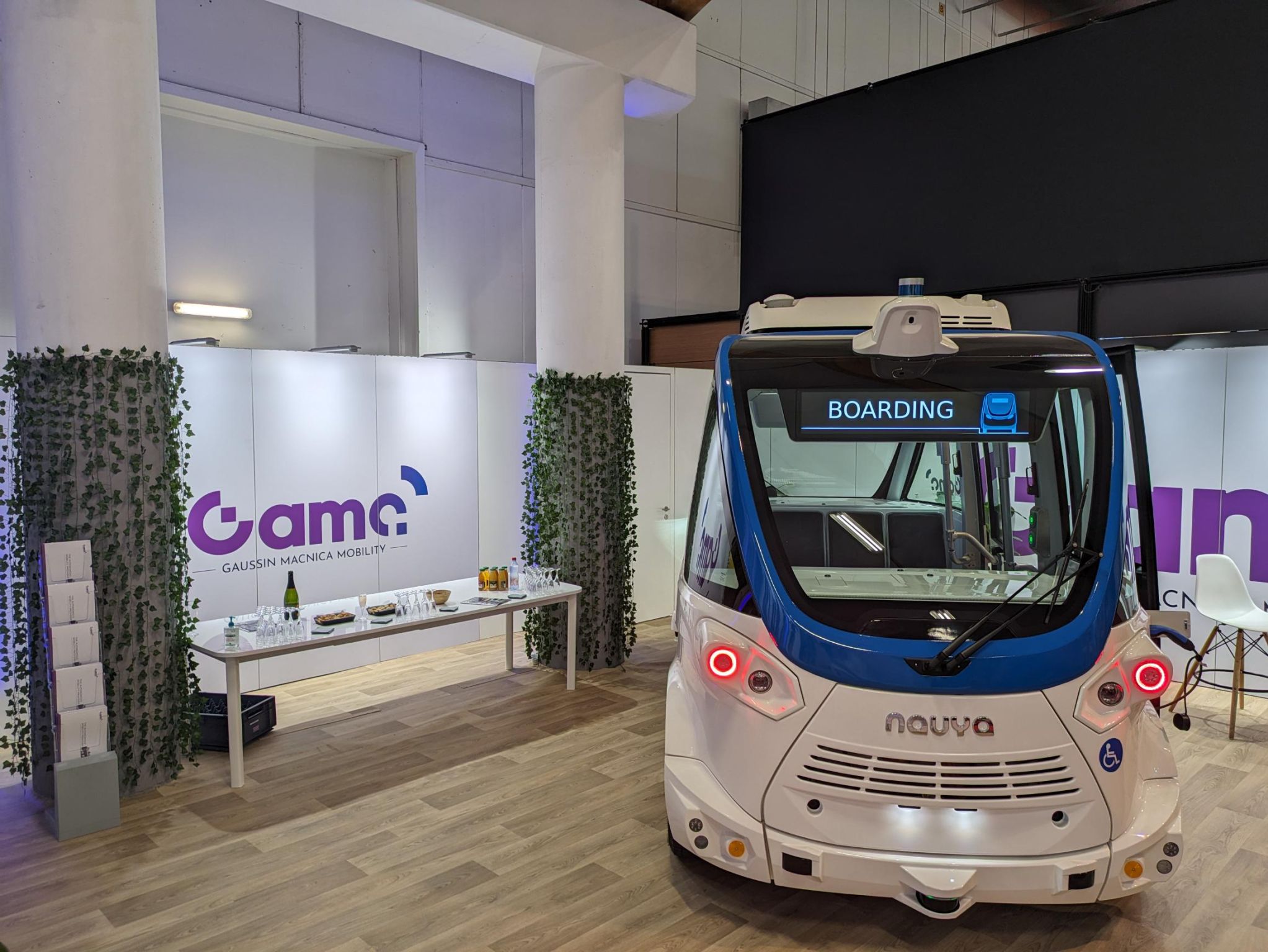Cruise has upgraded its autonomous vehicles (AVs) to improve their capabilities in interacting with emergency and first responder vehicles.
In an emergency, autonomous cars are often faced with the challenge of navigating the incident while also adapting to the unpredictable behaviours of other drivers.
Cruise therefore collaborates with police, Emergency Medical Services (EMS), fire officials and other city stakeholders and regulators to understand the needs of these services and adapt its technology accordingly.
These collaborations have led to a focus on minimising operational impact, quickly exiting emergency scenes and increasing predictability throughout Cruise’s operations in San Francisco.
Some of the key innovations arising from this work include:
Minimising Operational Impact
Preemptive AV slowing during siren detection
Cruise’s AVs can recognise emergency vehicle sirens and lights and will give way to them accordingly.
In addition, they are now programmed to proactively slow down even earlier when detecting the sirens. At an early indication of a nearby siren, the vehicle will slow down to 70% of the posted speed, before the emergency vehicle is visible.
Improved emergency vehicle behaviour prediction
Cruise has also enhanced its vehicles’ ability to predict whether a fire truck will continue to drive through an intersection at a red light while factoring in the speed at which this will happen.
Intersection stop regions
Cruise has upgraded its system to identify additional early stopping locations if lights or sirens are detected when approaching an intersection.
Emergency scene recognition
Cruise has improved the technology that its autonomous vehicles use to recognise an emergency scene.
Its Emergency Scene Recognition System can now better detect scenes at an earlier stage and from further away.
Parked emergency vehicle bypassing
The design of Cruise’s autonomous vehicles has been updated to enable them to more effectively bypass double-parked emergency vehicles. This will prevent the AVs from getting stuck behind emergency vehicles and blocking traffic.
Enhanced audio detection
Cruise is also working to enhance its cars’ existing siren detection capability to more rapidly detect a larger range of siren types and variations.
This improvement will help the vehicles to better determine if an emergency vehicle is nearby and to respond accordingly.
Multiple alert notifications
Cruise has worked with emergency services to develop solutions for being notified of emergencies.
It now receives email alerts directly from San Francisco Emergency Services on scenes that should be avoided. In addition, dispatch can call Cruise 24/7 with necessary updates.
These new outreach methods build on the existing critical support line that is available for first responders.
Fire hose and caution tape detection
Earlier this year, Cruise rolled out product improvements that enhance the detection of fire hoses and caution tape.
It is also continuing to work on its ability to identify very low-lying deflated fire hoses.
Improving emergency vehicle interactions
The above changes aim to help avoid interactions between Cruise’s AVs and emergency response vehicles.
However, Cruise also acknowledges that there may be times when unique and unpredictable situations are unavoidable.
It has therefore made operational modifications to aid its vehciles in getting out of the way as quickly as possible in these cases.
Improved scene exit
Cruise deploys remote assistance advisors to help efficiently resolve issues. It has now made changes to this process to enhance their abilities and enable them to clear the scene more quickly.
Conditional routing
Specifically, improved tooling capabilities for its remote assistance advisors assist with AV routing and manoeuvring.
This enhances their capabilities when following directions given by law enforcement.
First responder emergency access
In emergency situations, Cruise’s teams will allow first responders to access the AV and manually move the vehicle.
It is anticipated that these measures and ongoing collaboration with emergency services will help enhance the responsiveness of Cruise’s vehicles in emergency situations to further promote road safety.




